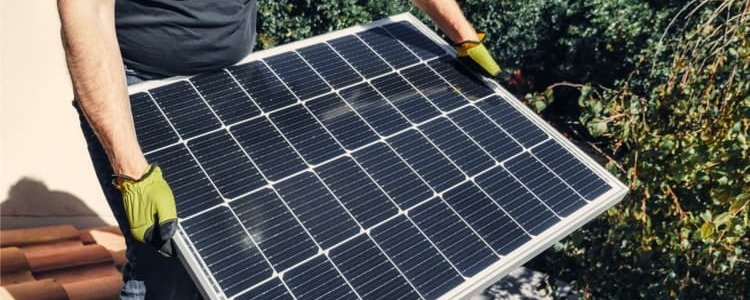Faster approvals for low carbon installations
Posted on 22nd August 2022
If you’re planning to install solar photovoltaic (PV) panels, heat pumps, wind turbines, an electric vehicle (EV) charger, or battery storage in your home, you will need to register with your Distribution Network Operator (DNO) that connects your property to the electricity network. This allows them to keep track of the number of connected installations.
Usually, your installer will register your installation for you but the process could take over a week. Sometimes registration is needed before installation, so projects could be delayed.
Now some DNOs are providing smart portals to fast-track installations like electric car chargers. For example, Smart Connect from UK Power Networks, which covers London, the South East and East of England, has reduced notification time from 10 days to a matter of seconds for the majority of applications.
Since February 2021 the system has automatically approved almost three quarters of over 19,000 applications, so installers can get to work immediately. Applications for other low carbon technologies including heat pumps, batteries and solar panels can also be processed through the portal. So far 5,000 home solar installations, more than 900 electric heat pumps and over 250 domestic batteries have been approved.
Even multiple low carbon technologies installed for the same home can be processed, although only about half have been approved immediately. Now, applications for commercial premises can also be made via the portal.
Achieving net zero targets
Millions of electric cars and heat pumps will be connected to the electricity network during the next decade. Unnecessary delays in registrations will mean the country takes longer to reach the government’s net zero targets. A faster application process will mean that installers can move ahead much more quickly and efficiently.
However, the Climate Change Committee (CCC) chairman says that the government has not yet invested enough in delivering the net zero targets, even though they would make a major contribution to managing the increasing cost of living.
The CCC monitors net zero milestones and says that renewable energy generation and electric vehicle take-up are heading in the right direction. However, inflation could cause changes to policies. One solution is to improve the energy efficiency of homes and the government says it’s providing £6billion of funding. The CCC says new policies are needed to make our existing buildings more efficient, including the use of heat pumps and improved insulation.
There are also projects to decarbonise electricity generation, which is due to be complete by 2035. Although there was an increase in the use of fossil fuels to generate power in 2021, the UK is still on track to phase them out in the next 10 years.
Please get in touch if you would like to improve the energy efficiency of your home, commercial or industrial property.
Share this post:





